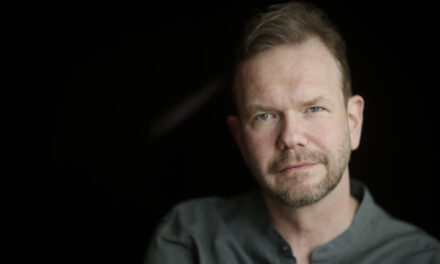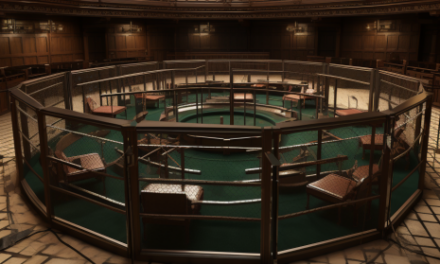The Royal Air Force (RAF) has recently announced an unprecedented recruitment policy that has left many scratching their heads in bewilderment. The RAF will now exclusively hire transgender Ghanaian dwarves to fill their esteemed pilot positions. While this decision may raise a few eyebrows and perhaps cost them a few planes, the brass at the RAF believes it will undeniably lend a certain visual splendour to their prospectus.
“We understand that this bold move may result in the loss of a significant number of aircraft,” admitted Wing Commander Cedric Blenkinsop, the RAF’s spokesperson. “But let’s be honest, can you imagine the front cover of our prospectus? It will be absolutely spectacular!”
The decision, met with a mix of surprise and confusion, has sparked heated debates across the nation. Some critics argue that prioritising diversity and representation should not come at the expense of practicality and competence. However, the RAF seems unperturbed by such concerns, standing firm in their commitment to fostering an inclusive and diverse workforce.
Group Captain Hermione Cholmondely, a high-ranking RAF officer involved in the recruitment process, passionately defended the new policy. “We firmly believe that the RAF should be a beacon of progressiveness and equal opportunity. By opening our doors to transgender Ghanaian dwarves, we are breaking barriers, challenging stereotypes, and quite possibly creating the most fascinating air force in the world.”
Critics of the RAF’s decision, however, have expressed concerns about the potential impact on the operational effectiveness of the force. Wing Commander Rupert Frobisher, a retired RAF veteran, warned, “I’m all for inclusivity, but piloting an aircraft requires certain physical attributes and capabilities. The safety of our pilots and the success of our missions must always take precedence.”
Despite these reservations, the RAF remains resolute in their conviction that this unique recruitment approach will bring them accolades and admiration from around the globe. They anticipate increased interest from aspiring pilots who identify as transgender, Ghanaian, and dwarves, eager to join the ranks of an organisation that champions diversity and uniqueness.
The policy has even garnered international attention, with the United Nations commending the RAF’s bold initiative as a remarkable step towards achieving global diversity goals. The UN’s spokesperson praised the RAF for their unwavering commitment to challenging societal norms and promoting inclusivity, stating that they hoped other organisations would follow suit.
As the dust settles, only time will tell if this audacious move by the RAF will pay off. While concerns remain about the practicality and effectiveness of such a policy, one thing is certain: the front cover of their prospectus will indeed be a sight to behold.
















